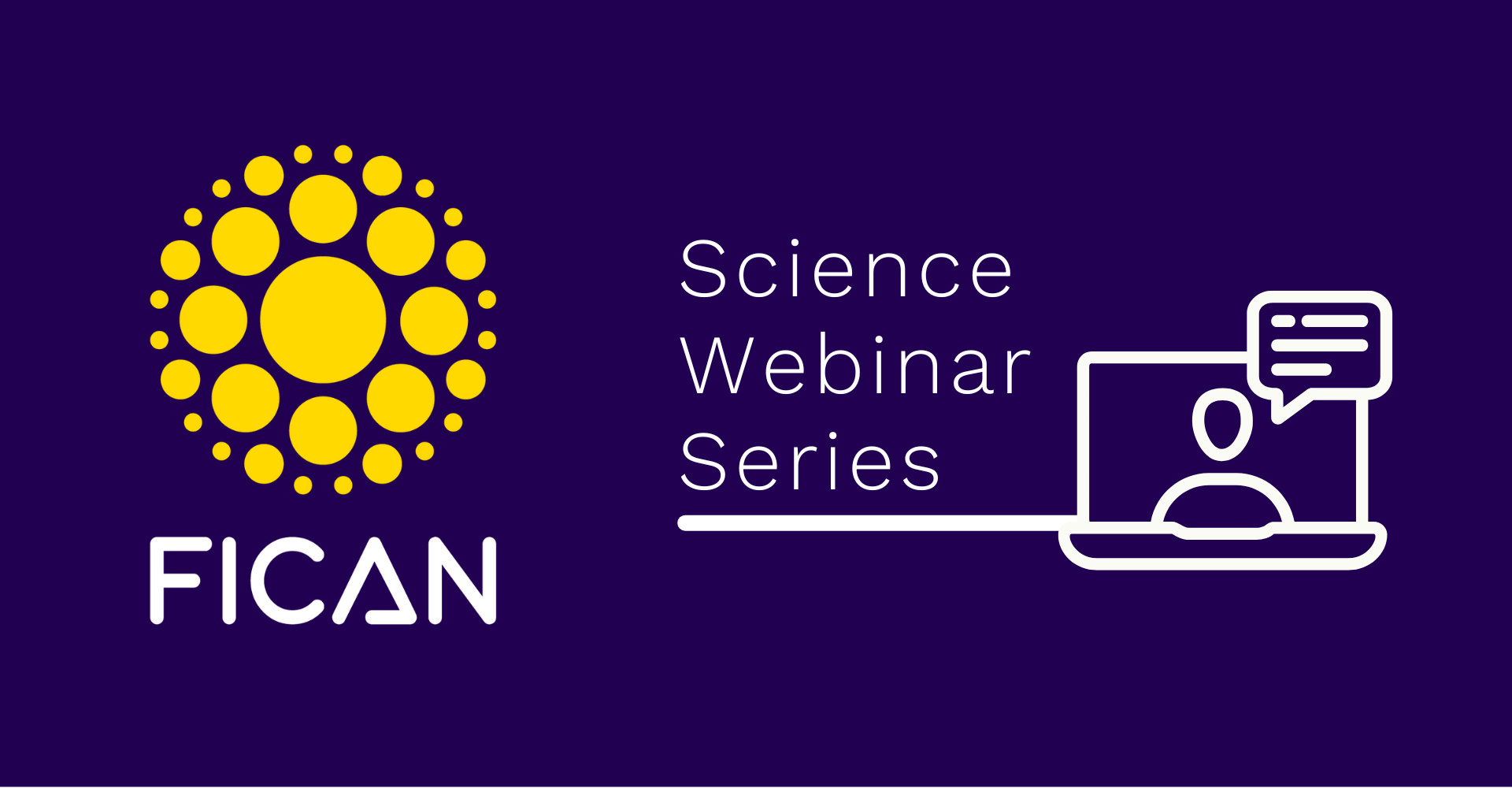
Aika: Ke 16.4. klo 15-16
Aihe: Losing adhesions to promote prostate cancer
Puhuja: Prof. Aki Manninen, Solu- ja molekyylibiologia, johtaja (Disease Networks Research Unit), Biokemian ja molekyylilääketieteen tiedekunta, Oulun yliopisto
Tutustu puhujaan: Aki Manninen – Oulun yliopisto
Tällä kertaa seminaarin järjestää FICAN North. Seminaari pidetään verkossa (Microsoft Teams), johon voit liittyä suoraan tästä linkistä: Liity kokoukseen nyt
Abstract
Prostate cancer (PCa) is a highly heterogeneous disease with a significant hereditary risk component, affecting millions of men and their families worldwide. While PCa is typically slow growing, some cases are aggressive, making early identification crucial. With no cure available for metastatic PCa, early detection of the aggressive forms is critical. To aid early detection, a deeper understanding of the genetic risk factors and the early steps of tumorigenesis are needed.
The extracellular matrix (ECM) undergoes significant remodeling during prostate cancer (PCa) progression. Cell-ECM interactions, primarily mediated by integrins, play a critical role in regulating cell growth and polarity. We have investigated the functional roles of specific integrins in PCa revealing that the disruption of coordinated focal and hemidesmosomal adhesions contributes to tumorigenic properties of PCa cells. To allow detailed investigation of the dynamics of these events during early PCa tumorigenesis, we have been developing primary prostate organoid models that better mimic the human PCa in vitro.
In my presentation, I will discuss our key findings on integrin-mediated adhesions and how their functions are linked to PCa tumorigenesis. These analyses range from altered signaling cascades to mechanical molecular connections from adhesions into the nucleus to regulate transcriptomic programs. I will also present some data from PCa organoid model.
Relevat references for this talk:
- Cruz SP, Q. Zhang Q, Devarajan R, Paia C, Luo B, Zhang K, Koivusalo S, Qin L, Xia J, Ahtikoski A, Vaarala M, Wenta T, Wei GH, Manninen A (2024) Dampened Regulatory Circuitry of TEAD1/ITGA1/ITGA2 Promotes TGFβ1 Signaling to Orchestrate Prostate Cancer Progression. Adv. Sci., 2305547.
- Wenta T, Schmidt A, Zhang Q, Devarajan R, Singh P, Yang X, Ahtikoski A, Vaarala M, Wei GH, Manninen A (2022) Disassembly of α6β4-mediated hemidesmosomal adhesions promotes tumorigenesis in PTEN-negative prostate cancer by targeting plectin to focal adhesions. Oncogene. 41:3804-3820.
- Devarajan R, Hawash A, Koivusalo S, Tervasmäki A, Mattila T, Zhang Q, Näpänkangas J, Ahtikoski A, Vaarala M, Pylkäs K, Izzi V, Wei GH, Manninen A (2023) Patient-derived prostate cancer organoids require α6-integrins for self-renewal and recapitulate genetic heterogeneity and histopathology of the original tumors. Preprint Research Square: doi.org/10.21203/rs.3.rs-3209780/v1

